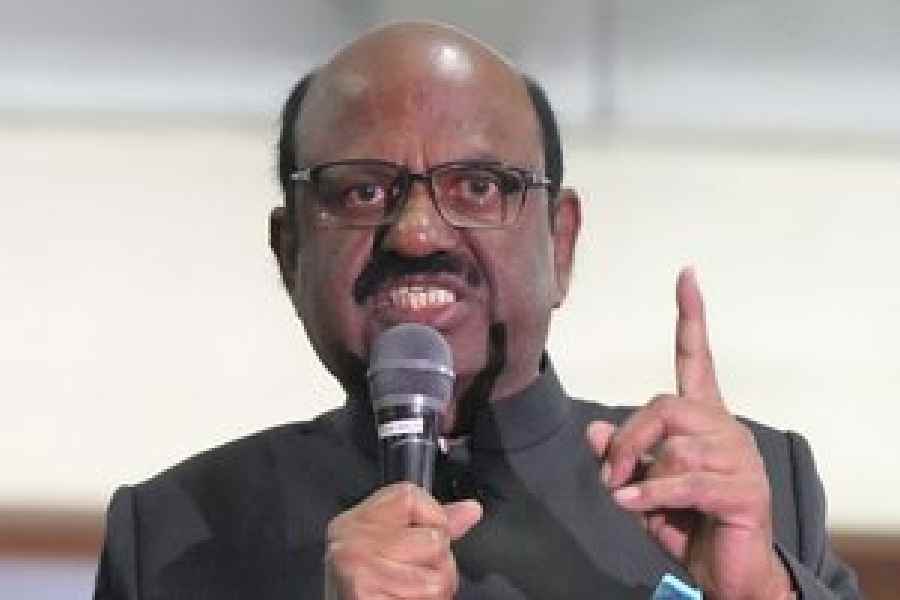State-aided universities in West Bengal are caught in an unprecedented situation. As it is, the recent death of a fresher through ragging in a reputed institution and restiveness in many owing to academic, economic and political issues have damaged work and the quality of the university space. But now university administrations have been caught in the hostilities between the governor of West Bengal and the state government. The governor, C.V. Ananda Bose, the officiating chancellor of state-aided institutions, ignored the search-and-select system of appointing vice-chancellors and nominated ‘interim’ vice-chancellors for eight universities, professedly to eliminate corruption. The governor appointing vice-chancellors unilaterally, ignoring the recommendations of the education department, is a move without precedent: it unabashedly overturns licit procedure and the order of the higher education system. Mr Bose has been blamed for sitting on an assembly resolution regarding the appointment of permanent vice-chancellors. Some of the interim vice-chancellors are not academics, so there is no question of ensuring that the appointees have the required qualifications. Even without going into the political loyalties of the persons appointed, the governor’s move is being perceived by many as a direct attack on West Bengal’s higher education system.
But it did not help the universities when the chief minister declared that the institutions which complied with the governor’s orders would be penalised with a funds blockade. So the universities are being rendered helpless in this larger power tussle; registrars who were allegedly forbidden to attend the education minister’s meeting by their respective vice-chancellors represented the peculiarly difficult situation. Mutual accusations of ‘intimidation’ by the governor and the education minister, of vice-chancellors and registrars respectively, worsened the atmosphere, while the appellations applied to the governor by the education minister and the former’s threats have made the situation truly ugly. None of this has to do with academic excellence, equality in education or the welfare of students. None of this can offer students a model of conduct in political opposition. That is as much a part of a young person’s learning process as lessons and research. During all attempts to disrupt the university administration system in a tussle of power, wherever they come from and with whatever goal, the state government must keep its focus on the academic environment and quality of education. That alone will right the balance.











